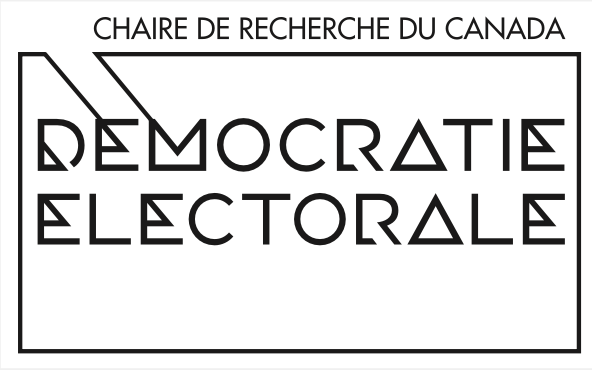Electoral Chairs’ Seminars – January 16th
16 January 2023 • 12:00 16 January 2023 • 13:00
C-4145
16 January 2023 • 12:00 16 January 2023 • 13:00
C-4145
Affective polarization towards voters and parties
Ruth Dassonneville – Associate Professor at Univeristé de Montréal and Romain Lachat – Associate Professor at Sciences Po Paris, CEVIPOF
Political scientists’ interest in the topic of affective polarization is rapidly growing. While early research on the topic focused on the US context, increasingly, affective polarization – that is the extent to which partisans express animosity towards the supporters of other parties – is studied comparatively. Because of data availability issues, comparative research generally makes use of survey instruments that capture respondents’ affect towards parties, not partisans or supporters of different parties. Conceptually, affect towards parties and affect towards partisans are distinct, but it is unclear whether using indicators of party affect instead of affect towards partisans also influence the conclusions from empirical research on the topic. In this paper, we contribute to this topic by means of a comparative analysis of survey data from France, the Netherlands and Spain. We address three main questions. First, how strongly are evaluations of parties related to evaluations of partisans? Second, how large is the difference in levels of affective polarization depending on whether they are based on evaluations of parties or on evaluations of partisans? Third, what factors explain differences between the two types of evaluations?

This content has been updated on 12 January 2023 at 11 h 45 min.